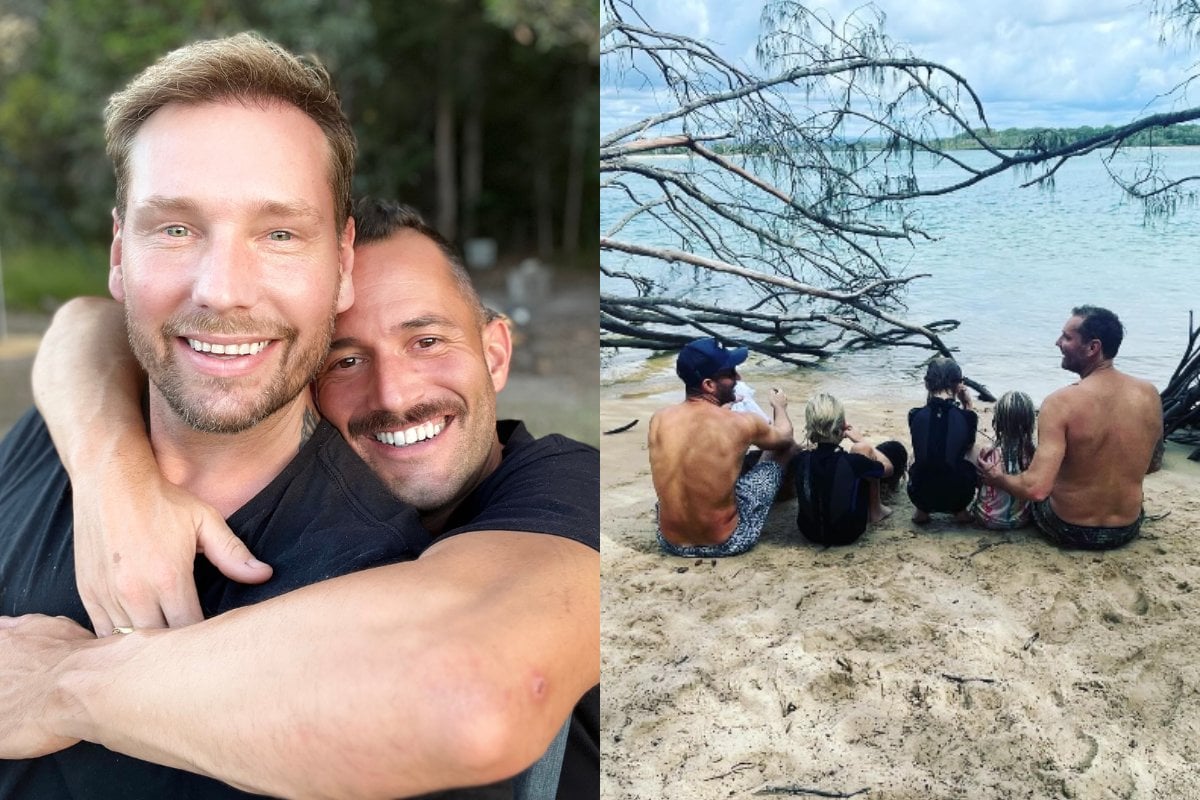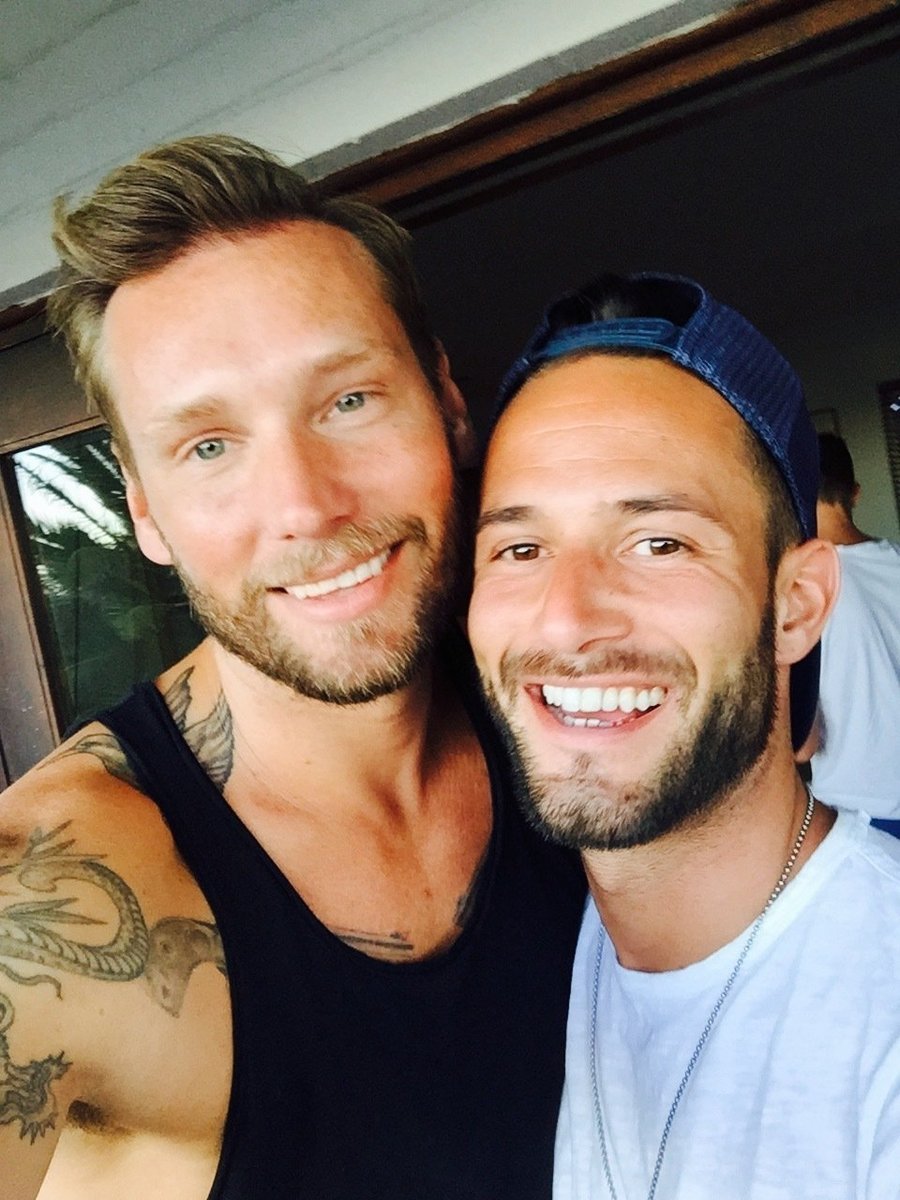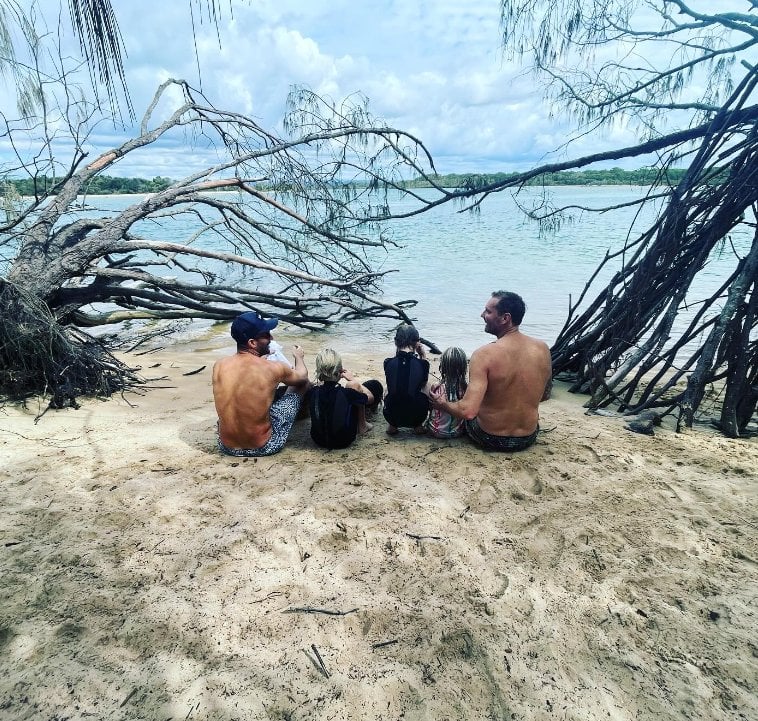
Remington Meyer's Queensland home is full of all the vibrancy and clamour that comes with raising young children. It’s chaotic at times. But Remington and his husband, Alain, have fully embraced it — all the more, because they know it could be fleeting.
The couple are foster carers.
Mere months after beginning the application process, they went from dreaming about having kids to being responsible for three primary-school-aged siblings.
"It’s a lot," Remington, 48, told Mamamia’s No Filter podcast. "But Alain and I had talked about it so much, and we knew we wanted to have children — we were ready. We were so ready."
Yet despite all the dreaming and all the planning, nothing could have prepared them for the impact that three little strangers would have on their lives.
***
According to the latest data from the Australian Institute of Health and Welfare, 45,400 children are in out-of-home care in Australia. That includes foster care, relative/kinship care (with someone known to the child, such as a grandparent), and temporary emergency accommodation.
Children are placed in out-of-home care when authorities determine that it’s not safe or appropriate for them to remain at home with their parents.
That can happen for a variety of reasons. Their home may be unsafe due to violence or neglect. Their parents may be unable to provide adequate care due to ill-health, substance abuse problems, or intellectual disability. Or their parents may have died, leaving them without a suitable guardian.



Top Comments